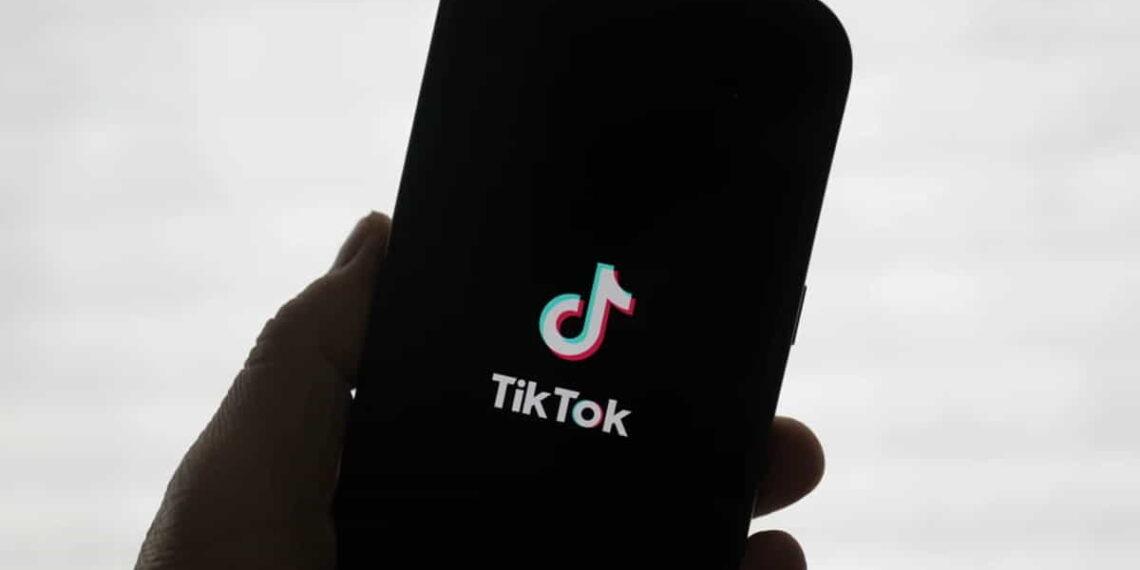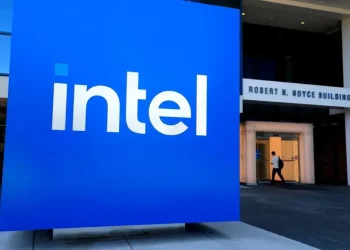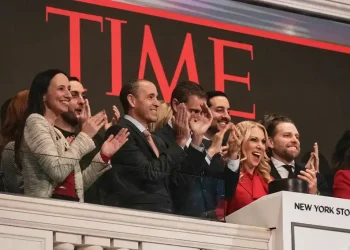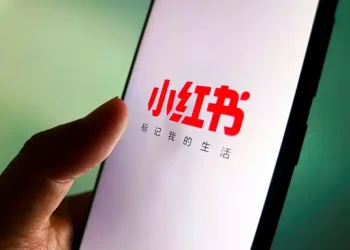Perplexity AI Proposes New Deal for TikTok, Potentially Giving U.S. Government 50% Stake
In a bold move, Perplexity AI has submitted a new proposal to TikTok’s parent company, ByteDance, offering a plan that would allow the U.S. government to own up to 50% of a newly-formed entity merging Perplexity with TikTok’s U.S. operations. This proposal, presented last week, revises a previous plan Perplexity submitted on January 18—just a day before the law banning TikTok in the U.S. took effect.
The Proposal: A Shift Toward U.S. Control
The latest plan aims to create a structure that would merge San Francisco-based Perplexity with TikTok’s U.S. business. It suggests that the U.S. government could own a significant stake in the new entity once it goes public, with an initial offering estimated at a minimum of $300 billion. However, the U.S. government’s shares would not carry voting rights, and it would not have a seat on the company’s board.
This proposal is a response to feedback from the Trump administration, according to an anonymous source familiar with the matter. Perplexity’s updated plan allows ByteDance to retain a stake in TikTok, while also meeting U.S. concerns about control over the platform’s operations.
ByteDance’s Role in the Deal
Under the proposal, ByteDance would not be required to sever all ties with TikTok, which would benefit its investors. However, the plan stipulates that ByteDance must allow “full U.S. board control.” This would provide U.S. officials with oversight, ensuring that the app’s operations comply with U.S. interests.
Notably, ByteDance would contribute TikTok’s U.S. business, excluding the proprietary algorithm that drives the app’s content recommendations. This move echoes a suggestion made by Steven Mnuchin, Treasury Secretary during Trump’s first term, who discussed the idea of diluting Chinese ownership to satisfy U.S. security concerns. Mnuchin had previously shown interest in investing in TikTok, emphasizing the need to disconnect the technology from China.
A Potential Solution to U.S. Security Concerns
This proposal is part of a broader discussion around TikTok’s ownership and national security. The U.S. government has raised alarms about the potential risks posed by ByteDance’s control over the app’s algorithm and the vast amount of data it collects from American users. While there’s been no concrete evidence that TikTok has shared data with Chinese authorities or allowed interference in its algorithm, the Biden administration has expressed ongoing concerns.
The Growing Interest in TikTok’s Future
As talks surrounding TikTok’s future intensify, several investors are showing strong interest in the platform. President Trump recently stated that a deal could materialize within 30 days. He mentioned receiving interest from “substantial people” and stressed that the U.S. would need to benefit from any deal made.
Trump also addressed rumors about Larry Ellison, CEO of Oracle, potentially leading a bid for TikTok’s global operations. While Trump confirmed that he had not discussed a deal with Ellison, he noted that many other parties were involved in negotiations.
TikTok’s Ban and Legal Challenges
The U.S. government had passed a bipartisan law in 2024 mandating TikTok’s ban unless it severed ties with ByteDance. Though the Supreme Court upheld the law, Trump issued an executive order to pause enforcement for 75 days, providing additional time for negotiations.
TikTok briefly shut down in the U.S. last week but resumed operations after Trump intervened. Notably, Trump had previously tried to ban TikTok during his first term, but he reversed his stance, crediting the platform for helping him connect with younger voters in the 2024 election.
Looking Ahead
As negotiations continue, the future of TikTok remains uncertain. With mounting concerns over national security and ongoing discussions about ownership restructuring, the platform’s fate could hinge on upcoming proposals like Perplexity AI’s. How ByteDance responds—and whether the U.S. government takes a more active role in overseeing the company—will be pivotal in determining TikTok’s future in the U.S.
This article was rewritten by JournosNews.com based on verified reporting from trusted sources. The content has been independently reviewed, fact-checked, and edited for accuracy, neutrality, tone, and global readability in accordance with Google News and AdSense standards.
All opinions, quotes, or statements from contributors, experts, or sourced organizations do not necessarily reflect the views of JournosNews.com. JournosNews.com maintains full editorial independence from any external funders, sponsors, or organizations.
Stay informed with JournosNews.com — your trusted source for verified global reporting and in-depth analysis. Follow us on Google News, BlueSky, and X for real-time updates.














